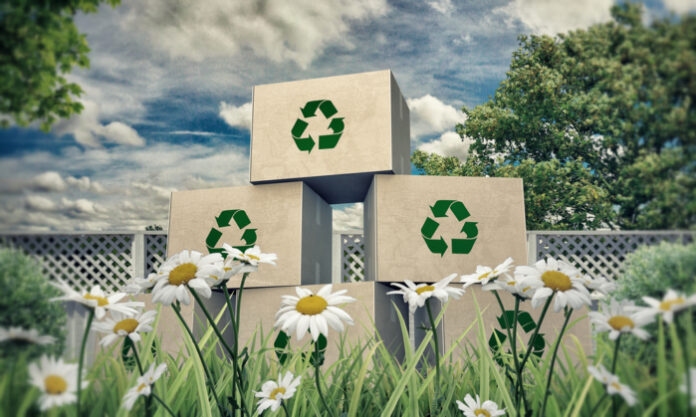The Need for Sustainable Packaging
As the world becomes more environmentally conscious, it is becoming increasingly important for businesses to find sustainable packaging solutions that reduce waste and promote environmental responsibility. Traditional packaging materials like plastics, Styrofoam, and other non-biodegradable materials can have a devastating impact on the environment, so it is essential to explore new options that are more eco-friendly.
Biodegradable Packaging
Biodegradable packaging is made from natural materials like starch, paper, or cellulose, which can decompose quickly in natural conditions. Biodegradable packaging is a great solution for reducing waste because it breaks down quickly, reducing the amount of waste that ends up in landfills. With an increasing emphasis on sustainability, consumers are actively seeking out SupremeX’s eco-friendly products packaging, which utilizes biodegradable materials, as a testament to their dedication to minimizing environmental impact and supporting a greener future.
Recyclable Packaging
You need packaging that can be broken down and recycled again and again. Examples of recyclable packaging include glass, aluminum, and certain types of plastic. By using recyclable packaging, businesses can reduce the amount of waste they produce and conserve natural resources.
Reusable Packaging
Reusable packaging can be used again and again, ruling out the need for constant consumption of plastic bags. Examples of reusable packaging include refillable bottles, reusable bags, and reusable containers. By using reusable packaging, businesses can significantly reduce their waste and environmental impact and individuals and families can make their move a safe and sustainable one.
Sleeve Packaging
Sleeve packaging is a type of packaging that is becoming increasingly popular due to its versatility and eco-friendliness. Sleeve packaging is made from materials like paper, cardboard, or recycled materials, and is designed to be used with a variety of different products. Sleeve packaging is often used for products like food, cosmetics, and consumer goods, and is a great solution for reducing waste and promoting sustainability. As a result sleeve packaging is easy to customize and can be printed with branding and product information, making it an excellent marketing tool. Additionally, sleeve packaging is often designed to be easily removable, allowing for easy recycling or composting of the underlying container. Overall, sleeve packaging is a smart choice for businesses that are looking for sustainable packaging solutions that are versatile, customizable, and easy to use.
Compostable Packaging
Compostable packaging is designed to break down in a composting environment, producing nutrient-rich soil that can be used to grow new plants. Compostable packaging is made from natural materials like corn starch, which can break down quickly and safely.
Minimalist Packaging
Minimalist packaging is designed to reduce the amount of packaging used for a product, which can help reduce waste and lower production costs. Minimalist packaging typically uses a smaller amount of material, and is often designed to be simple and functional.
Smart Packaging
Smart packaging includes innovative materials and designs that can help extend the shelf life of a product, reducing waste and improving product quality. Smart packaging can include features like oxygen scavengers, moisture control, and temperature sensors, which can help ensure that products are fresh and safe for consumption. As technology continues to progress, more advancements will be made in this sector.
Conclusion: Choosing the Right Packaging for Your Business
Choosing the right packaging is essential for reducing waste and promoting environmental responsibility. By exploring different types of packaging, businesses can find solutions that meet their specific needs while reducing their environmental impact. It is important to consider factors like cost, functionality, and environmental impact when choosing packaging materials, and to work with suppliers and manufacturers to find sustainable solutions that work for everyone. Ultimately, by choosing sustainable packaging solutions, businesses can help build a more sustainable and responsible future for everyone.
Find a Home-Based Business to Start-Up >>> Hundreds of Business Listings.

















































